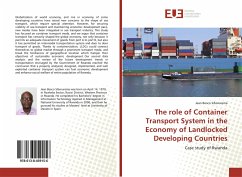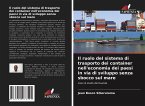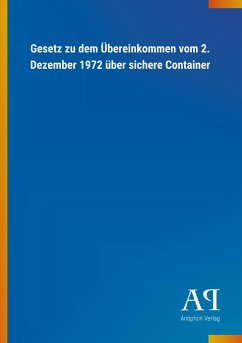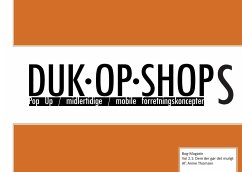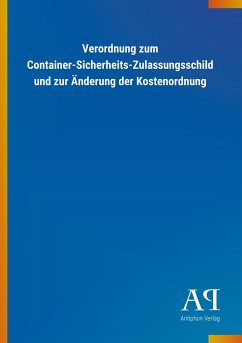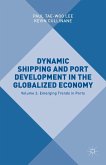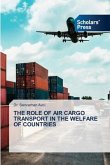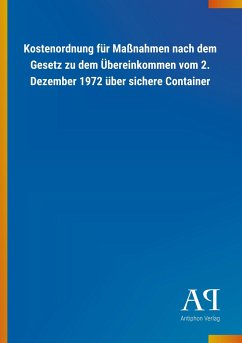Globalization of world economy, and rise in economy of some developing countries have raised new concerns to the shape of sea transport, which require special attention. However, for securing viability of sea transport and maintaining economic development pace, new modes have been integrated in sea transport industry. This study has focused on container transport mode, and we argue that container transport has certainly shaped the global economy, not only because it permits an adequate movement of goods from port A to port B, but also it has permitted an intermodal transportation system and door to door transport of goods. Thanks to containerization, LLDCs could connect themselves to global market through a prominent transport mode, and break the hindrances of geographical location which hamper their objectives of sustainable economic development. Our second data analysis and the review of the future development trends in transportation envisaged by the Government of Rwanda reached the conclusion that a properly analyzed, designed, implemented, and well exploited container transport system can fuel economic development and enhance social welfare of entire population of Rwanda.
Bitte wählen Sie Ihr Anliegen aus.
Rechnungen
Retourenschein anfordern
Bestellstatus
Storno

